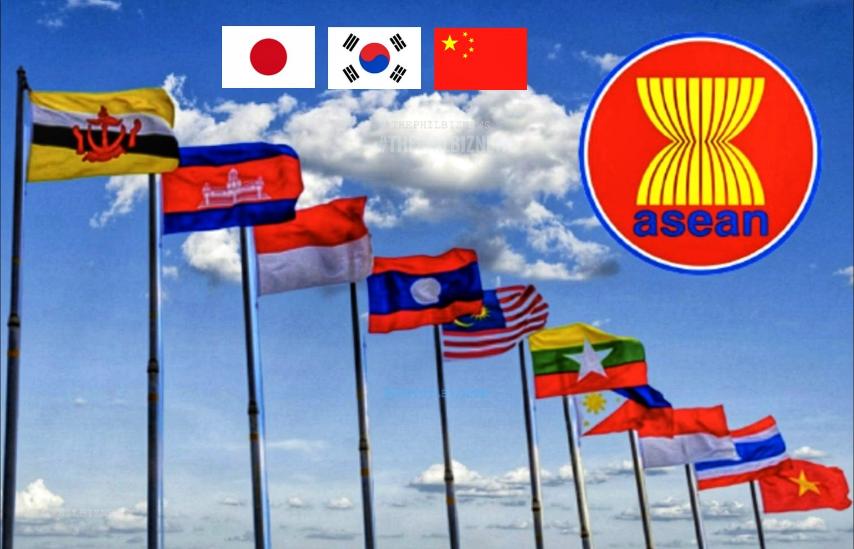For the first time, the Philippines joined the Asian Council of Economic Policy (ACEP), a growing regional platform that seeks stronger regional cooperation to address economic issues amid ‘growing uncertainties’ in the post-COVID era.
The country was represented by Philippine Institute for Development Studies (PIDS) President Aniceto Orbeta Jr. and Senior Research Fellow Francis Mark Quimba at the ACEP conference recently held in Seoul, South Korea. It was hosted by the National Economic Advisory Council (NEAC) and organized by the Korea Institute for International Economic Policy.
“Our region faces significant economic risks that might hamper national and global economic recovery. There needs to be an open and cooperative environment in the region to help address those. The ACEP allows the Philippines, Korea, and other partner countries to discuss and prepare common strategies to help mitigate risks and maximize opportunities,” Orbeta said.
NEAC Vice Chairperson Lee Inho, in his opening remarks, noted how ACEP could play a significant role in shaping the economic policies in the region. “The insights shared during the meeting will serve as valuable assets in promoting regional economic cooperation, especially amid the growing uncertainty in the region,” he said.
Among the pressing issues discussed were supply chain resilience, managing the structural challenges of the Asian economy, and the Indo-Pacific Economic Framework. Speakers emphasized the need to minimize the “scarring effects of the pandemic while promoting inclusive growth by strengthening social safety nets”.
Lee also emphasized Asia’s role in global trade. “Asia is the world’s largest market, accounting for more than half of the world’s population. Asia’s strategic importance is higher than ever,” he said.
Quimba, who presented “Promoting the Regional Cooperation on Clean Energy Transition” at the conference, shared that South Korea and the Philippines can deepen cooperation by focusing on budding industries.
“The strong economic ties between the Philippines and Korea provide opportunities for future cooperation in emerging industries. Korean firms have slowly established their presence in emerging Philippine industries, particularly electric vehicles and agribusiness. However, Korea has placed greater emphasis on developing other industries, such as green metals and creative industries, and could be areas for future cooperation between the two countries,” he explained.
Thailand and the United Nations Economic and Social Commission for Asia and the Pacific are among the newest additions to the second run of ACEP, whose member-states include South Korea, Indonesia, Malaysia, Singapore, and Viet Nam. –
Philippine Institute for Development Studies (PIDS)
Phl joins ACEP, seeks stronger cooperation with other regions














